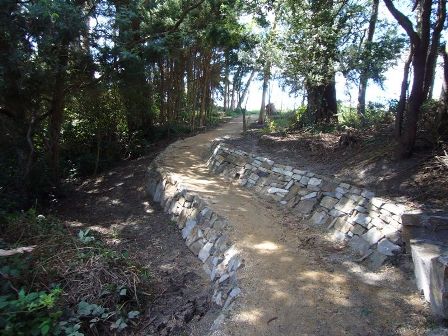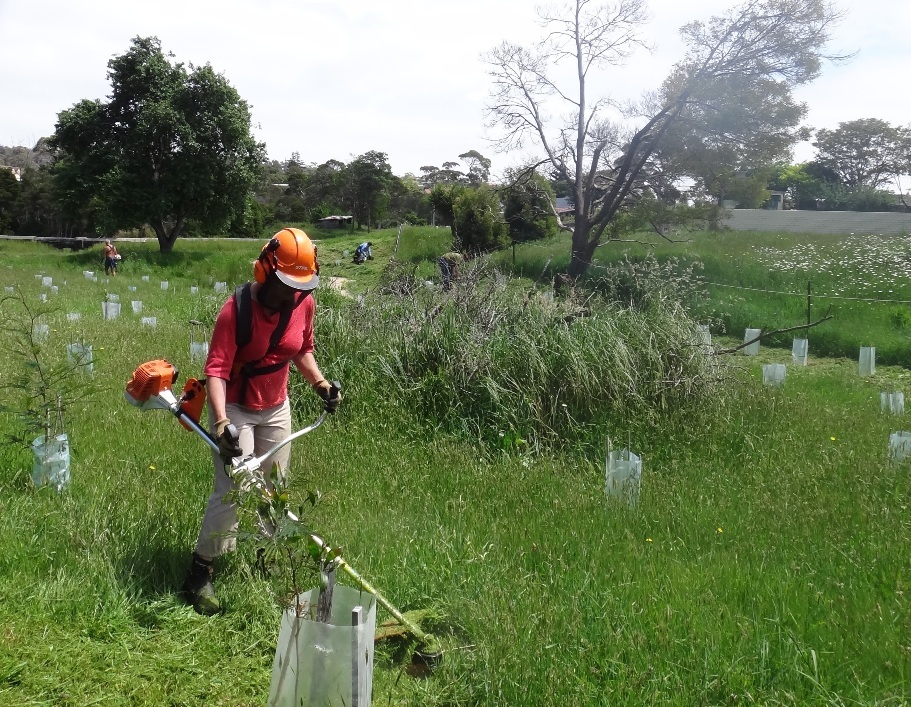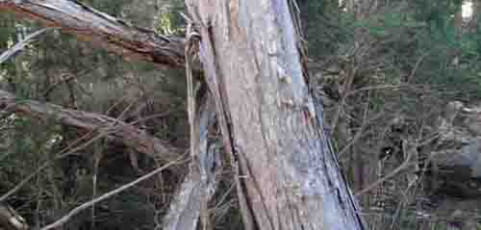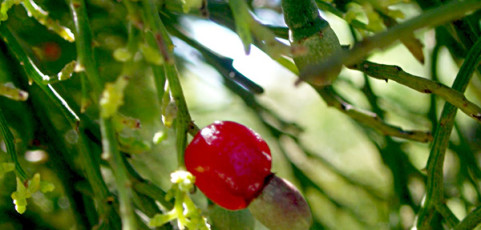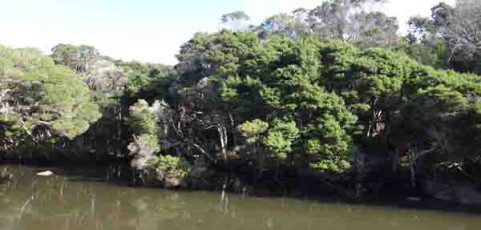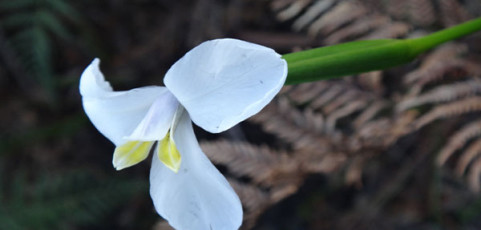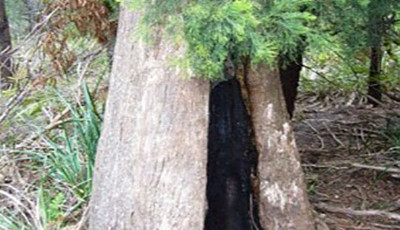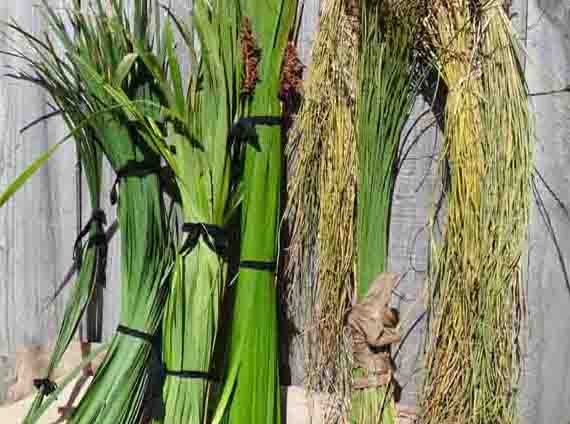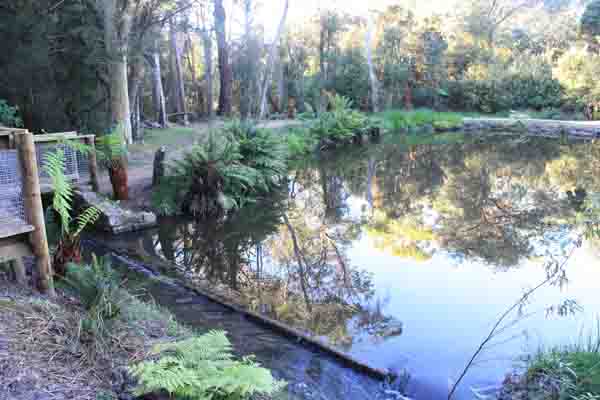Bridport Innovations is fortunate to have the support of NRM North in maintaining the Bridport Walking Track. NRM North has generously donated nearly $6,000. This allows BI contractors, and our enthusiastic volunteers to gradually remove blackberries, buy new plants and revegetate the riparian reserve over the next three years. We were recently supported by the trainees working on the Bridport Surf Life Saving Club project who donated...
History of the River-Forest Track
A walk on the “wild” side of Bridport with local bush walking identity Mike Douglas in late 2004 planted the seed of an idea in the minds of three local women. Why not reclaim this last remaining patch of ancient forest and fragile riverside environment from the ravages of trail bikes, indiscriminate timber cutting as well as dumping of rubbish. They quickly recognised that this could best be done via the construction of a walking track on...
Track Maintenance River-Forest
Bridport Innovations, together with Conservation Volunteers Australia, (CVA), are responsible for maintaining the new River- Forest Walking Track for the next five years until 2016. After that Dorset Council will take responsibility for the track. To ensure that we fulfil our obligations, especially in the areas undergoing regeneration around Torrington House and Ada Street, we have agreed with CVA that they will provide between four and six...
Paperbark
Canoes were constructed from the paperbark tree which was in plentiful supply in the area. They were probably up to 5 metres long and made from thin strips of the bark tightly bound and lashed together with string for strength. Canoes were used to travel both long and short distances to the offshore islands.
Native Cherry
A variety of bush foods; fruits, roots, tubers were significant sources of nutrition for the leenerrerter people and were collected by the women.
Brid River
Living near or in the river systems of the Coastal Plains were a variety of animals including snakes, echidna, eels, native cat (quoll), platypus, possums, fish, burrowing and freshwater crayfish. Most of these animals comprised an important part of the leenerrerter diet.
White Flag Iris
Read MoreBlack peppermint
Grandfather and grandmother peppermint gum were culturally significant to the leenerrerter clanspeople both as a ceremonial tree and burial tree, and remain so for their descendants . The leenerrerter people practiced complex forms of reverence towards the remains of the dead. One practice was to place the deceased in an upright position in the burnt-out hollows of the living peppermint gum using lengths of brushwood or spears. Strips of...
Plant fibres for basket making
Read MoreSettling Pond
The settling pond was excavated in 1962 and used in the operation of the fish farm downstream. Aerial view settling pond, 1962 Before the pond was built the water race would frequently block with gravel and sand. Fish farm workers had to clean the race daily. With the settling pond as a part of the system, the water was then diverted into the pond from the race, and the gravel or sand would drop down and ‘settle.’ A screen was...

